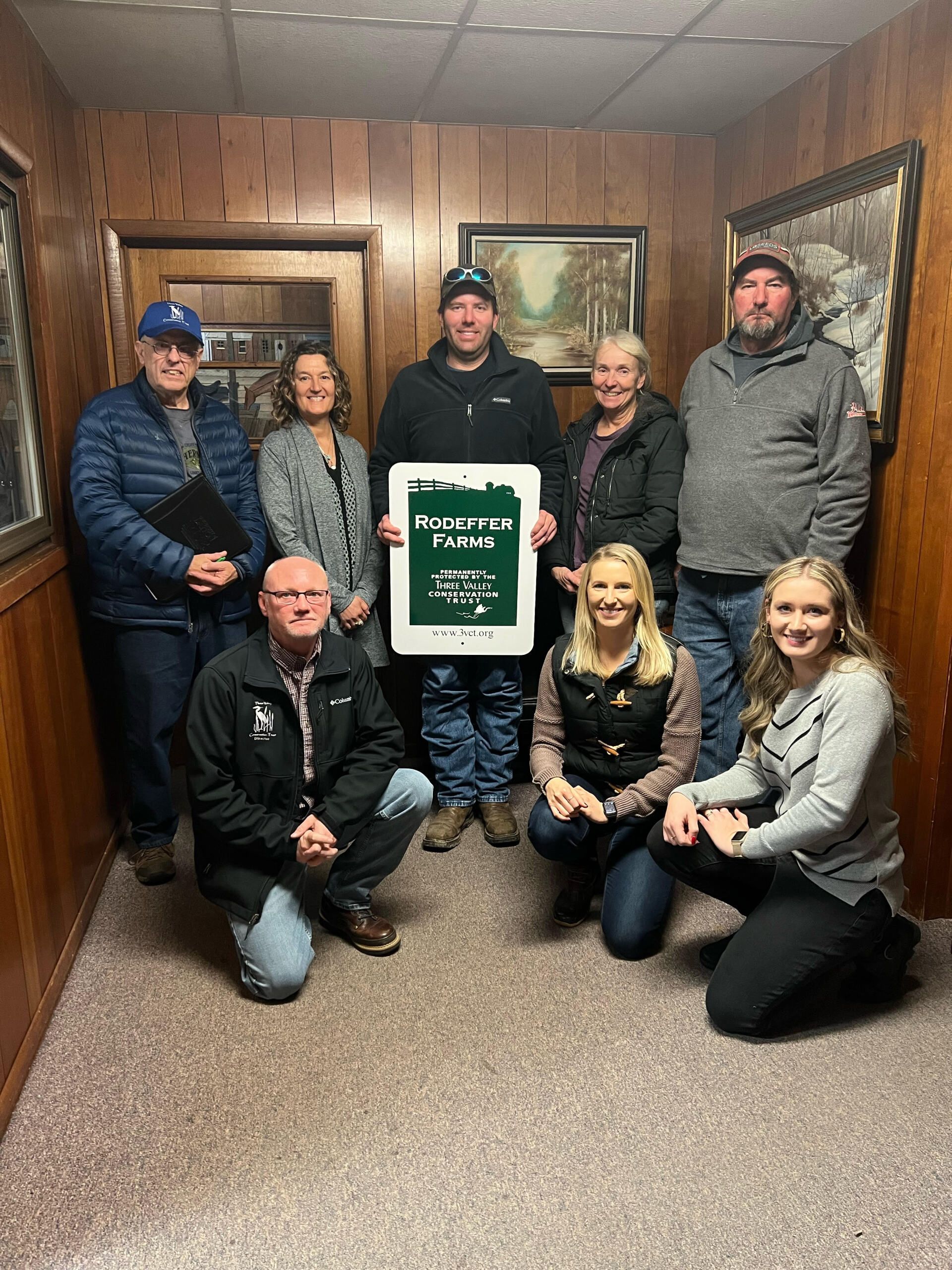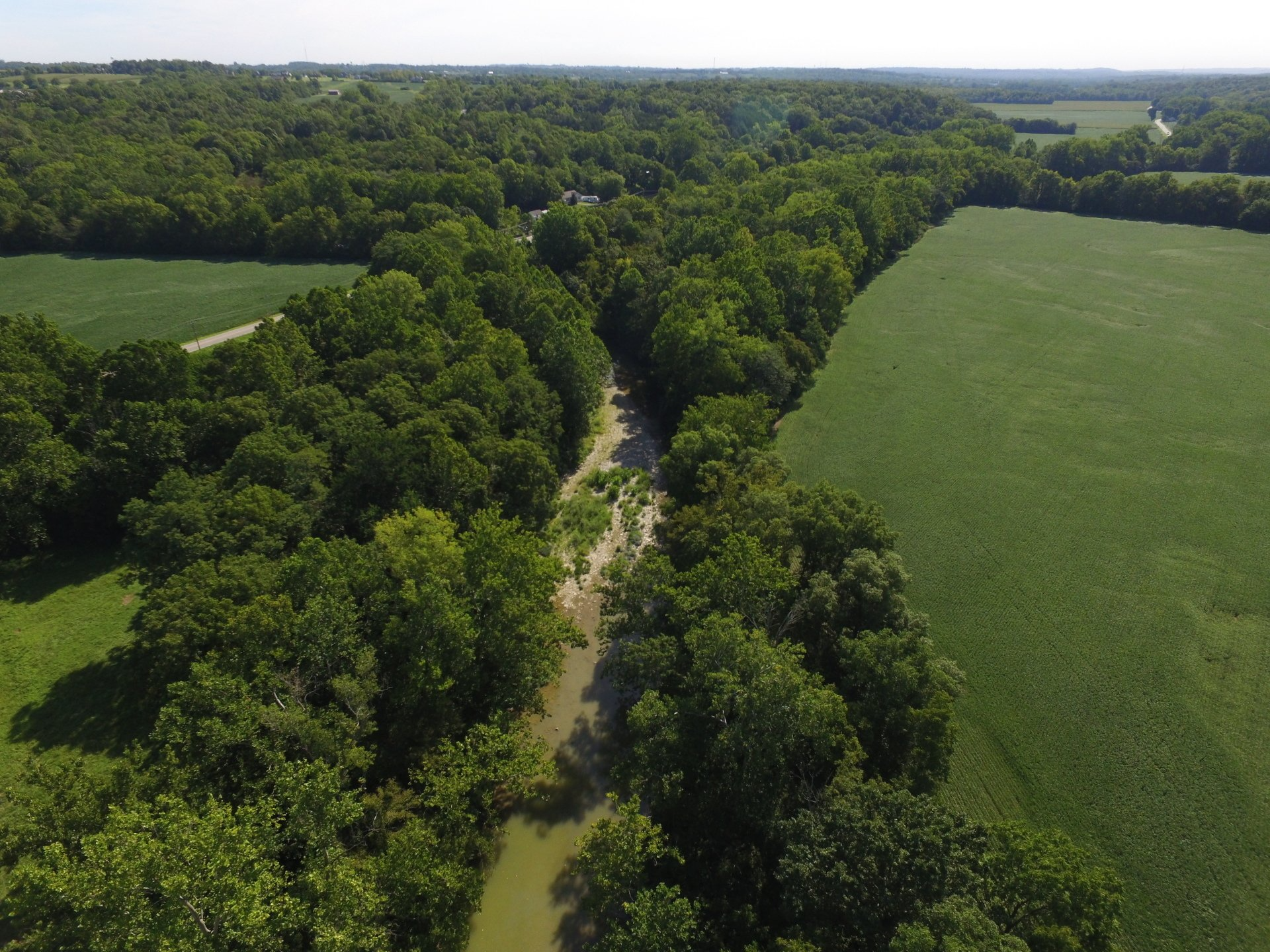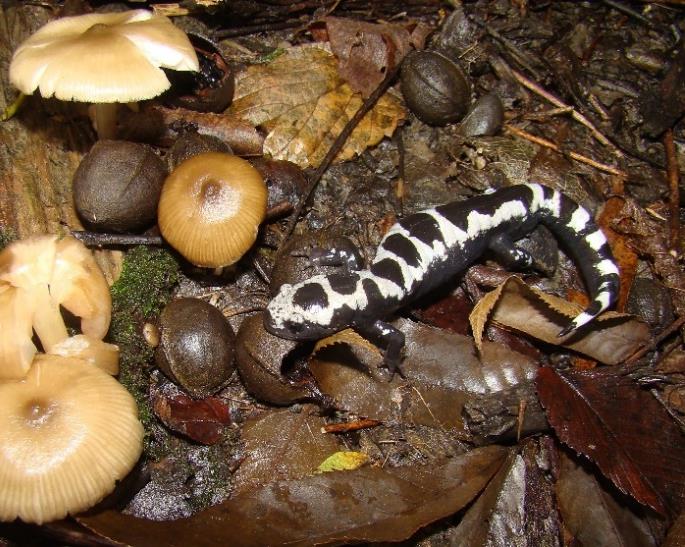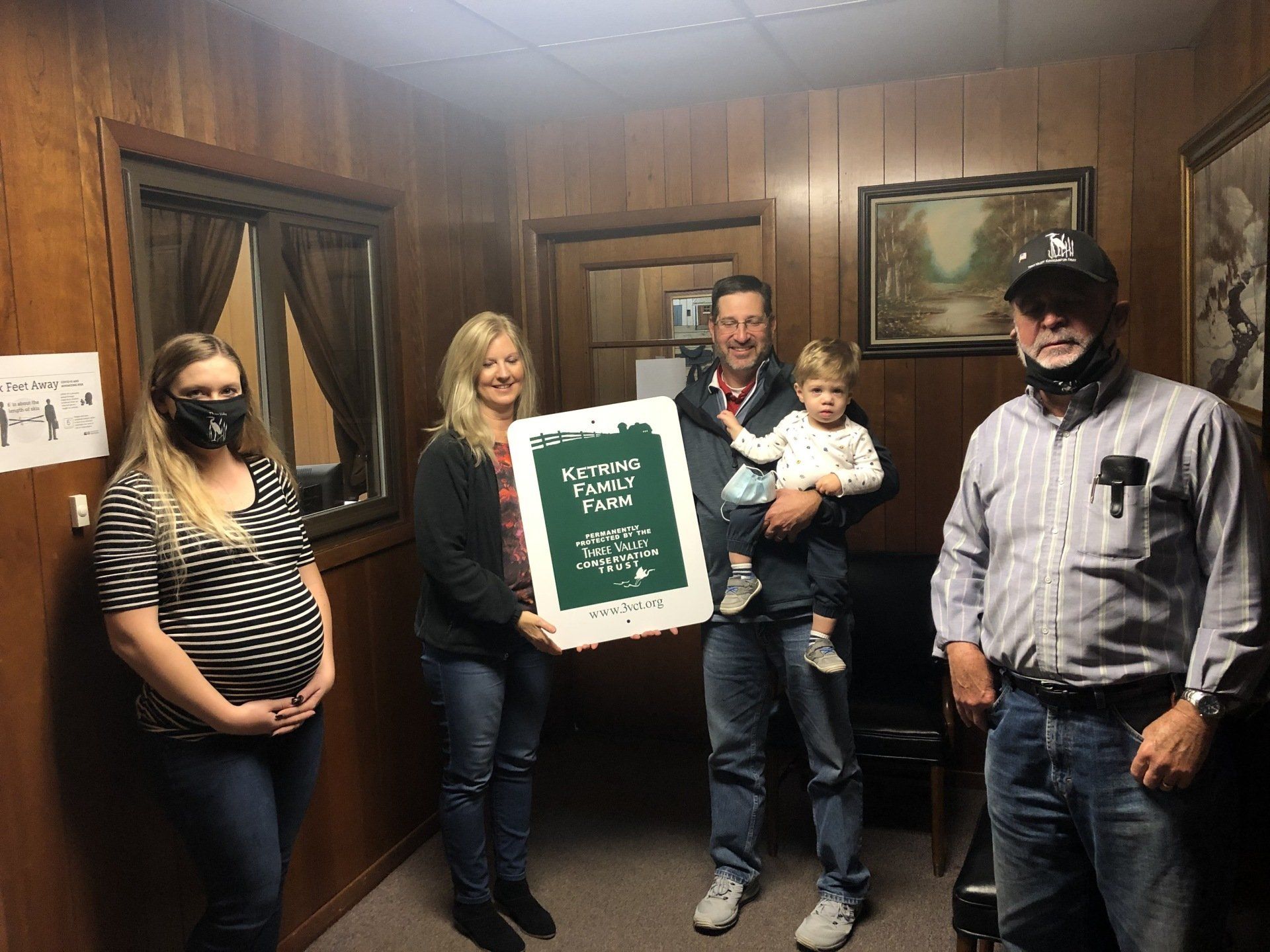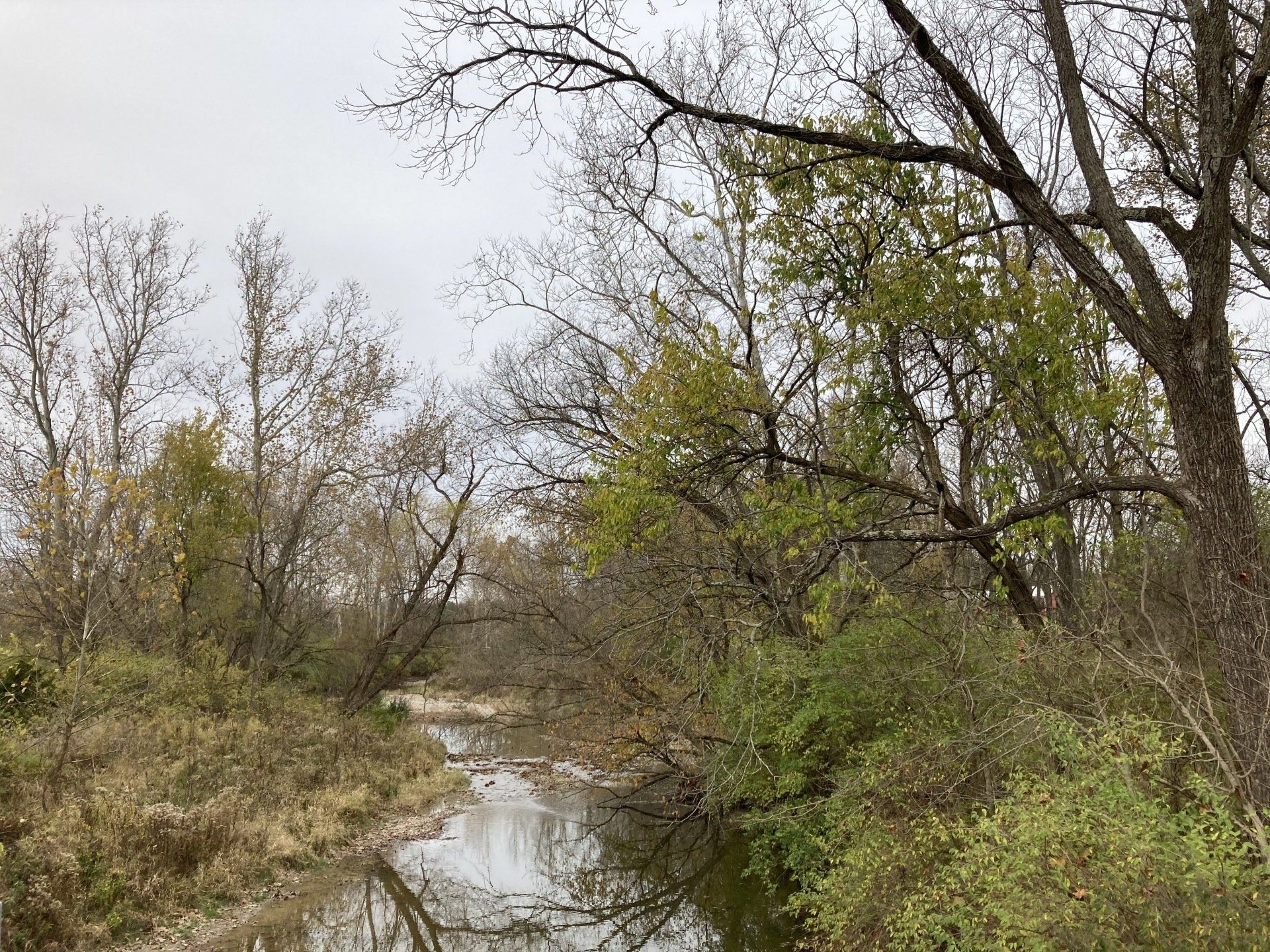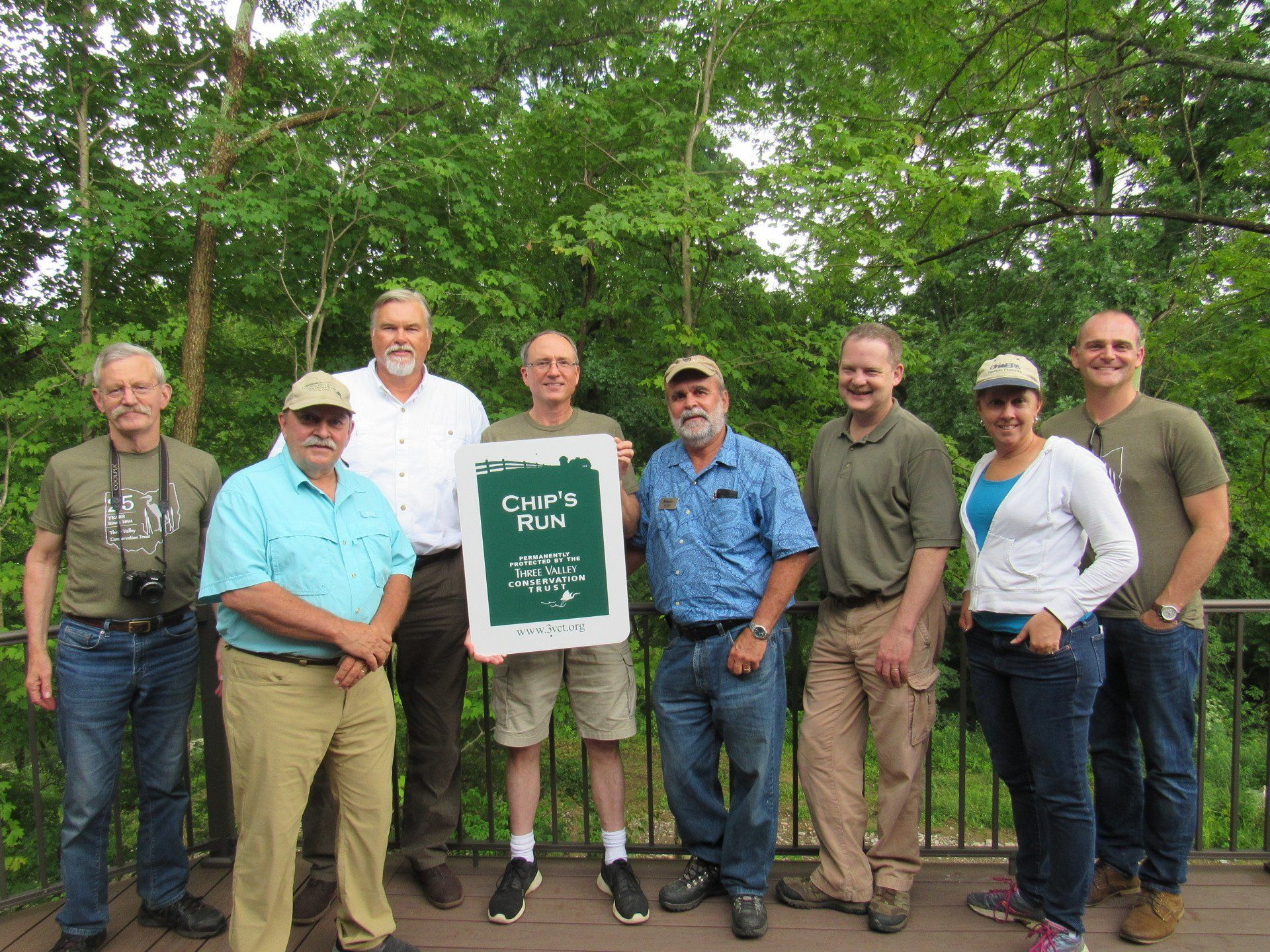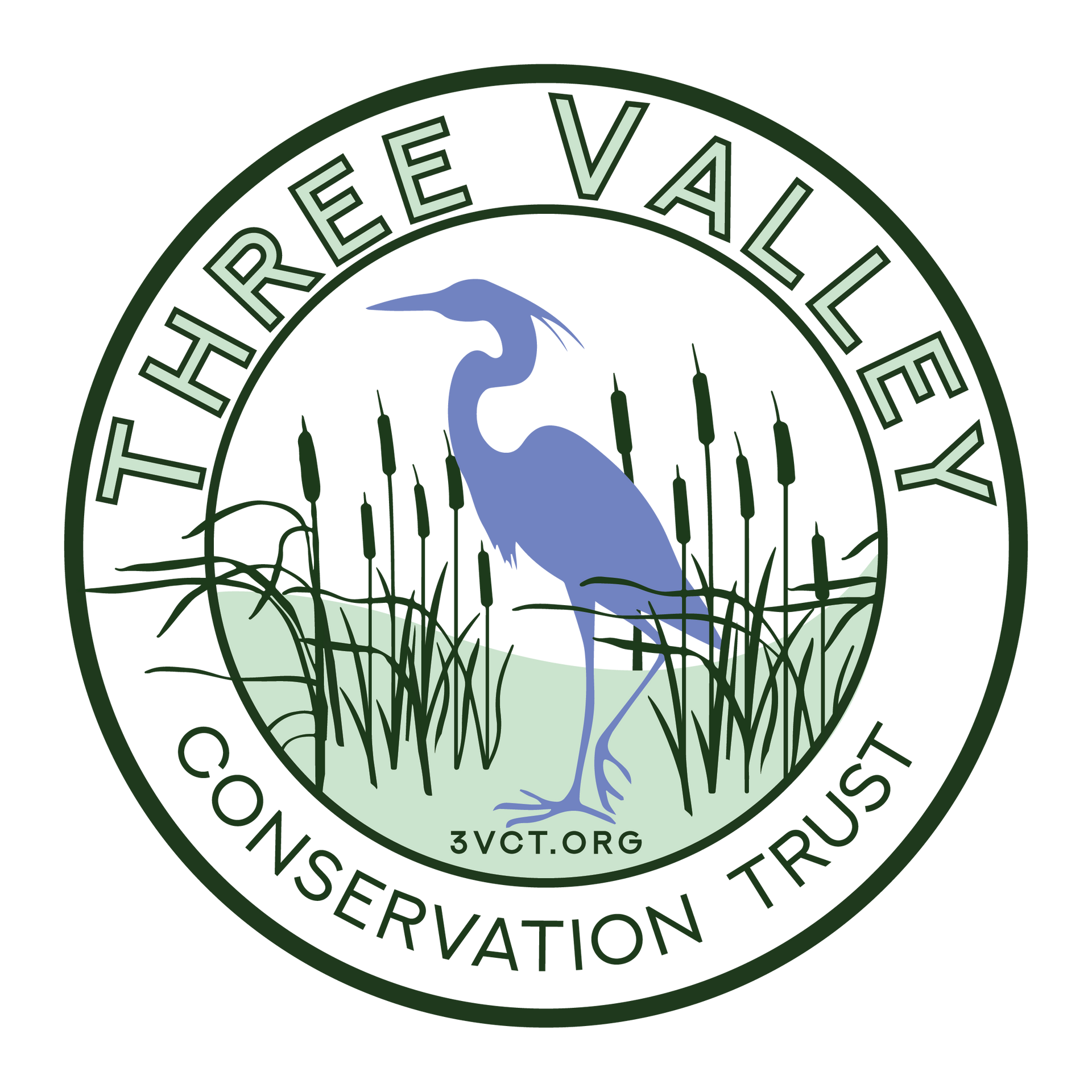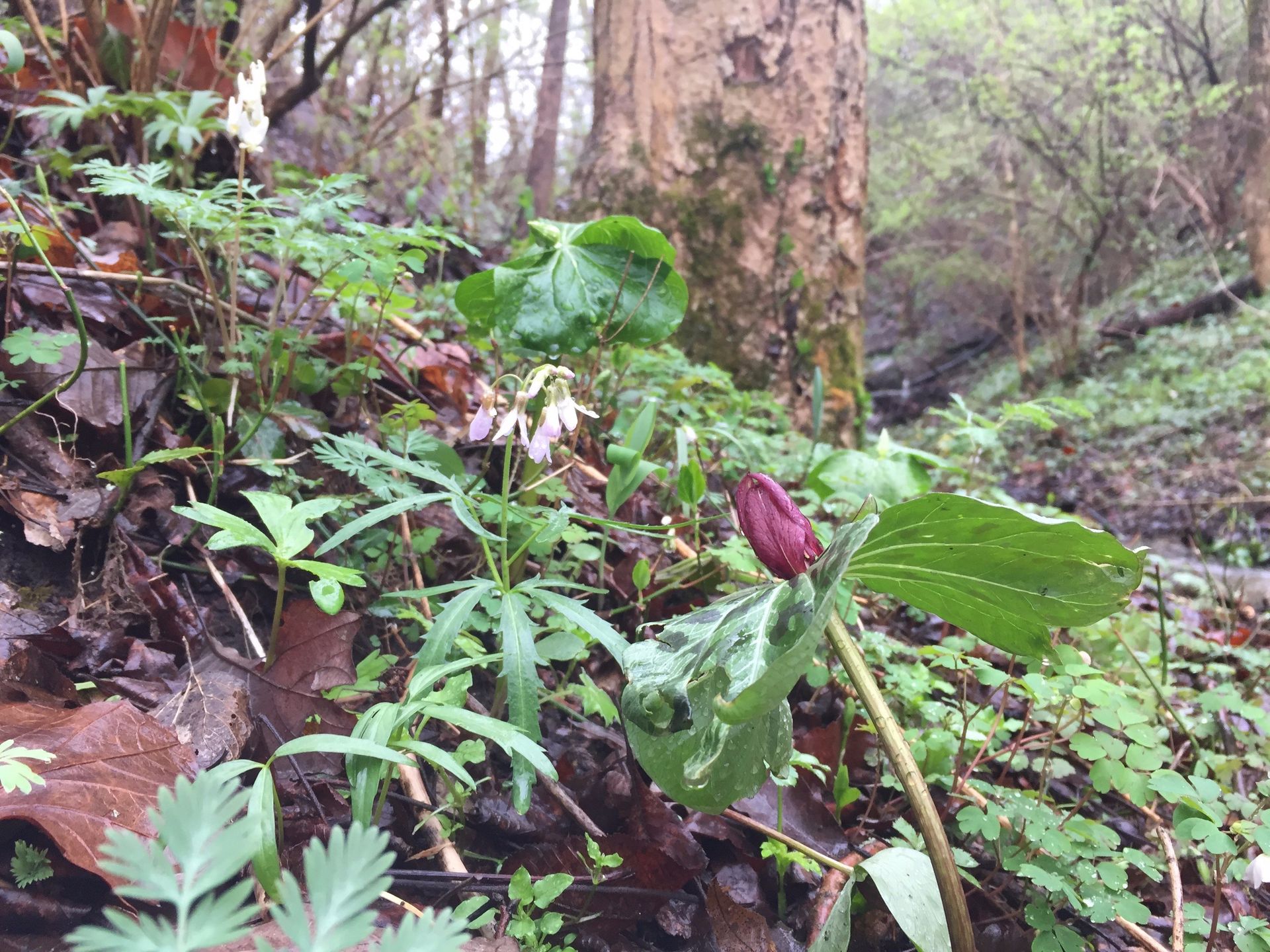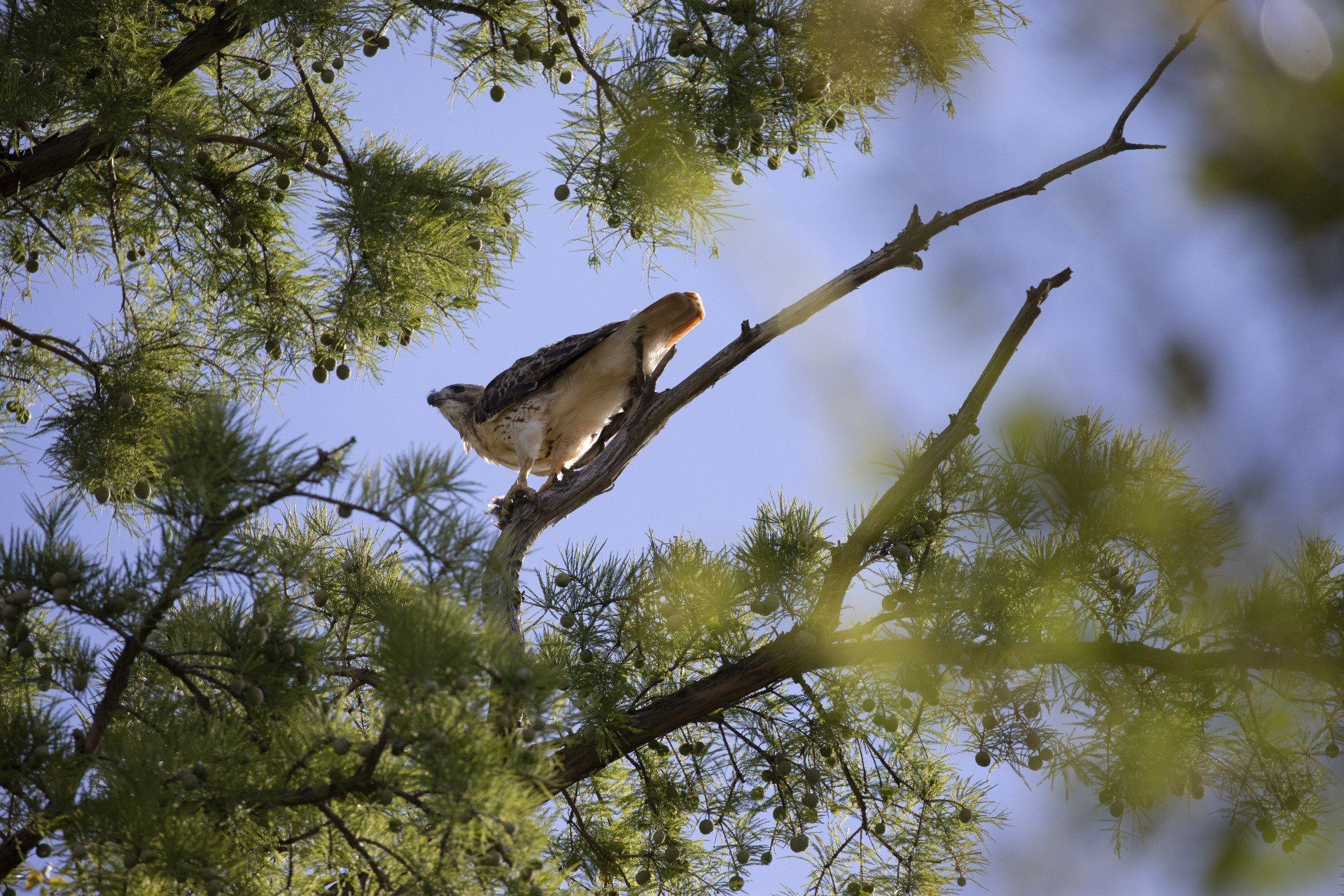Feeling stressed? Take a dose of nature
Stress has sound: the hiss of blood rushing to your head, the drumming thud of your pulse. Add tightened muscles and shortened breath; your body is preparing for fight or flight.
Not long ago, while working at home, I felt the suffocating pressure of deadlines cave in. In a fit of desperation, I flew out the door and dug my hands into the soil. As I cleared weeds away from our vegetable garden, I wrestled with the lingering thought that I didn’t have time for this, that I should get back to work… but I kept digging into the soft, chocolate-brown dirt. The sun felt warm on my back, like a mother’s calming touch. Goldfinches that had scattered now chattered as they settled back upon towering stems of Evening Primrose. A gentle breeze swirled around me, and I soon realized that my shoulders had loosened, my breathing slowed, and my whole body relaxed. After a while, I returned to work with a refreshed perspective and appreciation for life beyond my office walls.
It may sound like a romanticized (or even ridiculous) experience, but evidence is stacking up to support claims that experiences in nature are good for human health. For my friends and neighbors living in rural southwest Ohio, that may seem like a known fact. We live among woodlands, prairies, and farmland that - when conserved as open space - are arguably more likely to reduce our stress and improve our moods than the dense infrastructure and development of congested cities and urban sprawl.
For our friends and neighbors living in cities, nature experiences may be less-frequent. The latest efforts to understand nature’s health benefits are more-closely examining “ dosage ” - or the length of time and frequency of nature experiences that are necessary for improved physical and mental health. Such research is connecting the dots between the availability of urban green space and rates of depression, blood pressure, and social cohesion. The more often we go outside, the better we feel - and perhaps we even strengthen as a community.
What kind of nature experience - and how much - do you need to be well? My quick escape to the garden left me feeling relaxed and refreshed, yet I yearn for big wilderness adventures, too. A week in the wild can be restorative - not just for me, but for the landscape (or seascape!), too, as I learn about my actions and their influence on the health and well-being of our environment.
If you are craving a reconnection with nature, it doesn’t get much more adventurous than the Boundary Waters Canoe Area Wilderness in northeastern Minnesota. In this “Land of 10,000 Lakes”, one can easily escape the crowds. The only noise from “traffic” is the sound of your canoe gliding through the river before you portage around rumbling rapids and waterfalls. Imagine spending one week in the wilderness with an experienced guide and ample opportunity to canoe, camp, and explore - fishing and witnessing wildlife like bald eagles and moose!
This Sunday, November 4, Three Valley Conservation Trust is hosting its annual Auction for Acres, where you’ll have the chance to bid and win a guided camping and canoe trip for four people to the Boundary Waters Canoe Area Wilderness. Please join us at the Oxford Community Arts Center this Sunday from 5:30-8:30pm, and bid generously! All proceeds from the auction will support Three Valley’s mission to conserve natural habitat, waterways, and agricultural lands that provide open space, beautiful landscapes, and opportunities for recreation, and - in turn - support your own health and well-being.

